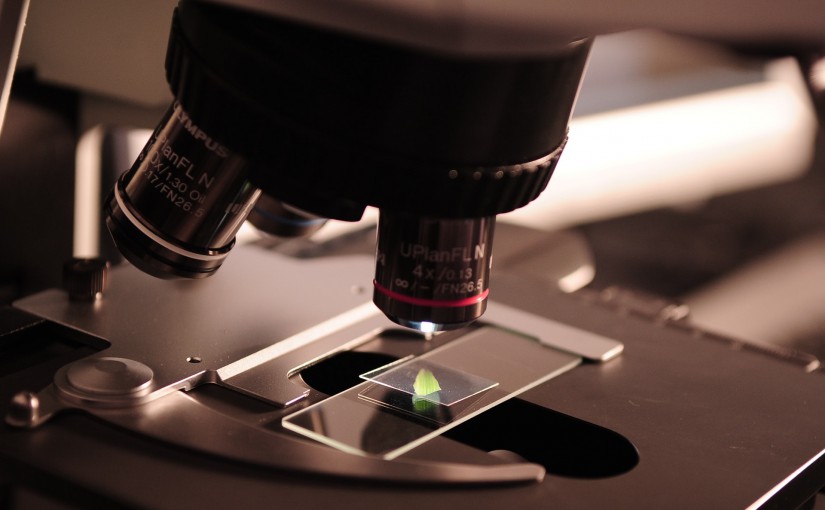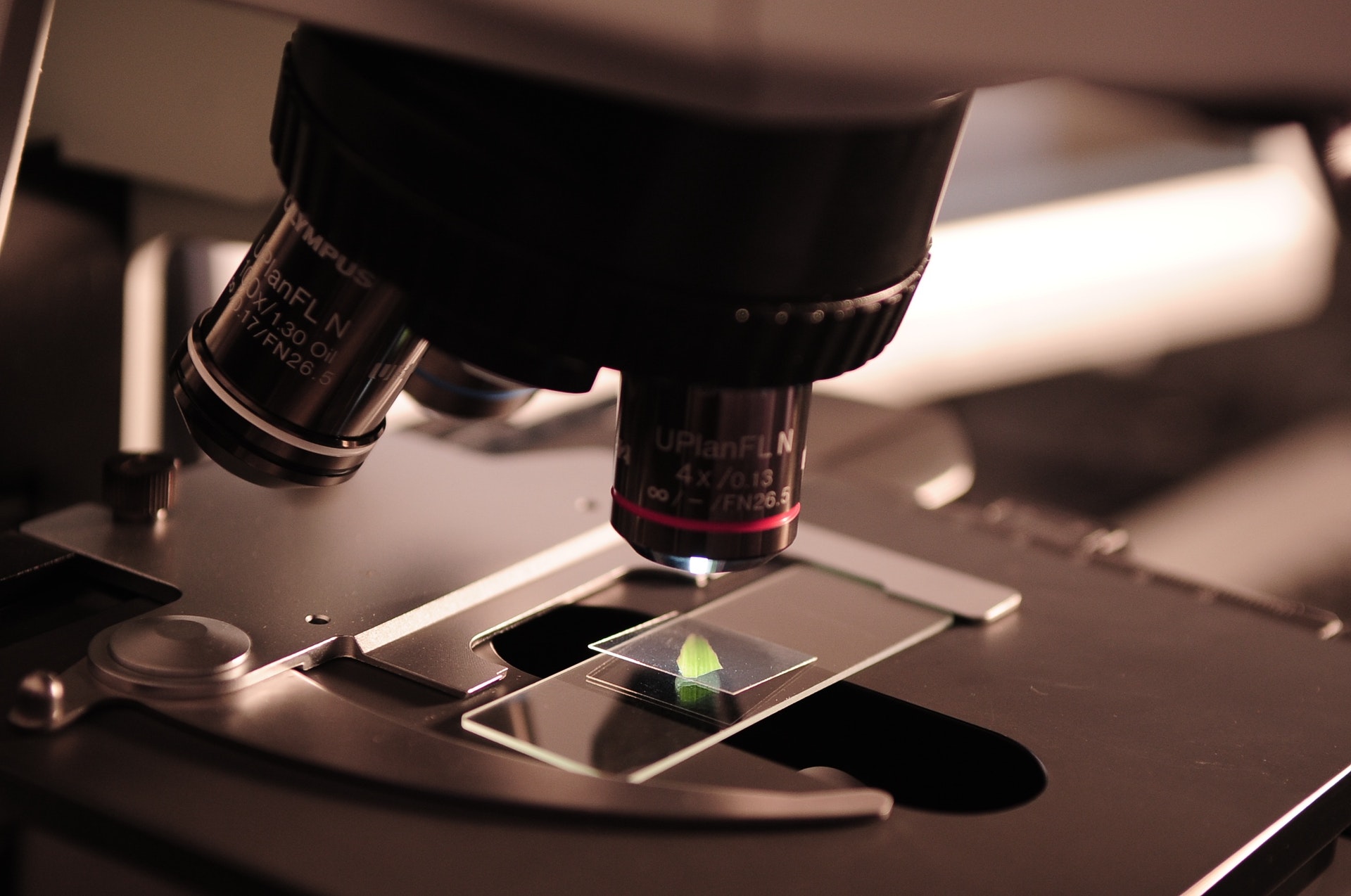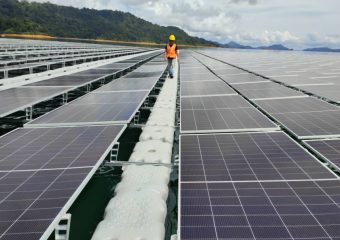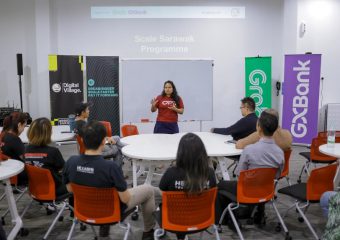Biological engineering or bioengineering may be relatively new as a defined field, but look closer and you’ll realise how it is simply another means of addressing life science-related challenges.
Indeed, many countries around the world, including Malaysia, have recognised bio-based fields like bioengineering as key drivers in ensuring sustainable economic growth and enriching the wellbeing of the global population.
For these nations, bio-based fields’ integrated application has enabled, for instance, the use of renewable resources, enhancement of agro-based industries and innovation in healthcare products and services.
Bioengineering itself is broad and versatile, combining elements of traditional engineering, science, mathematics and technology to analyse and solve vital problems affecting biology and medicine, although it has expanded to other fields including agriculture, energy and environment.
Given its interdisciplinary nature, it offers a wide variety of career options in bio-based industries, as well as academic, private and government sectors, providing bioengineers the chance to specialise in areas such as cell and tissue engineering, robotics and biomaterials.
The constantly evolving nature of the bioengineering industry also provides opportunities for entrepreneurship, encouraging start-ups to innovate new products that would satisfy unmet needs.
In line with its digital economy agenda, the state government intends to capitalise on bioengineering to boost growth in sectors such as agriculture, energy and manufacturing.
Through Yayasan Sarawak’s recent announcement of increasing its study loans and scholarships to RM100 million, it hopes to entice young Sarawakians to take on scientific- and technical-driven fields like bioengineering to become skilfully and knowledgeably competitive on a global scale while contributing to the state’s development.
And so the first step that you, as young Sarawakians, need to take if you’re keen on becoming a bioengineer is to ask yourself if you have what it takes to be one.
For example, are you interested in engineering and science? Are you willing to carry out independent research? Or are you prepared to tackle tough, real-world problems?
If you answered ‘yes’ to all these questions, the next step on your journey to become a bioengineer will be to look for a university programme that allows you to conduct research from the start for early exposure.
During your studies, you’ll need to learn to focus, to be patient and to be ethical, especially in doing your research to instil a strong sense of discipline, honesty and accountability in yourself.
Also, soft skills are important in bioengineering, especially communications and teamwork, as you might be collaborating with individuals from different fields.
Essentially, keep yourself updated with the latest scientific and engineering discoveries so you can learn and incorporate all the new concepts when coming up with your own potentially beneficial solutions for the future.
This is a weekly column by SarawakYES! – an initiative driven by Faradale Media-M Sdn Bhd and supported by Angkatan Zaman Mansang (AZAM) Sarawak – to provide advice and stories on the topics of education and careers to support Sarawakians seeking to achieve their dreams. Join us on Facebook, Twitter, Instagram and YouTube.
This article first appeared on The Borneo Post, visit this link: http://bit.ly/2hbobOd




